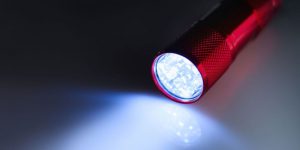Power outages can occur at random or be planned, below are a few tips you can follow to ensure that your family and home is protected.
Before a Power Outage
- Build or restock your emergency preparedness kit, including a flashlight, batteries, cash, and first aid supplies.
- Make sure you have alternative charging methods for your phone or any device that requires power.
- Charge cell phones and any battery powered devices.
- Know where the manual release lever of your electric garage door opener is located and how to operate it.
- Purchase ice or freeze water-filled plastic containers to help keep food cold during a temporary power outage.
- Keep your car’s gas tank full-gas stations rely on electricity to power their pumps. If you use your car to recharge devices, do NOT keep the car running in a garage, partially enclosed space, or close to a home, this can lead to carbon monoxide poisoning.
- Learn about the emergency plans that have been established in your area by visiting your state’s or local website so you can locate the closest cooling and warming shelters.
- If you rely on anything that is battery-operated or power dependent like a medical device determine a back-up plan.
During a Power Outage
- Only use flashlights for emergency lighting, candles can cause fires.
- Keep refrigerator and freezer doors closed.
- Take steps to remain cool if it is hot outside.
- Put on layers of warm clothing if it is cold outside.
- Never burn charcoal for heating or cooking indoors.
- Never use your oven as a source of heat.
- Turn off or disconnect appliances and other equipment in case of a momentary power “surge” that can damage computers and other devices. Consider adding surge protectors.
- If you are considering purchasing a generator for your home, consult an electrician or engineer before purchasing and installing.

